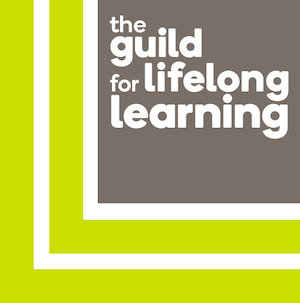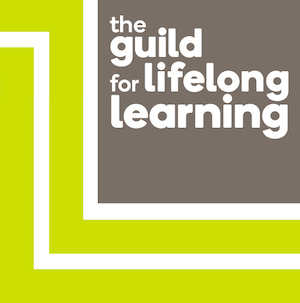All Categories > Archaeology, History & History of Art
Course synopsis
By 1770 British art was beginning to find its feet. Blake, Constable and Turner became leading figures in the Romantic movement and even reversed the Continental influence which had dominated the British scene for a very long time. The Irish Uprising of 1798 had profound political, social and cultural consequences including the revival of Irish rebel music which continued to 1920, and beyond. Meanwhile the Victorian desire to bring culture to the masses was embodied by Charles Halle whose tireless work as conductor, concert organiser and educator laid the foundations for the appreciation of Elgar, Delius and Holst – the greatest English-born composers for 150 years. Most ordinary people, however, found their entertainment in the lively, unpretentious world of the music hall. At the other extreme the Pre-Raphaelite Brotherhood came from a consciously aesthetic and self-referential angle – an approach which would influence the Bloomsbury Group and many of the artists and composers who recorded the horrors of the Great War.
WEEK 1: WILLIAM BLAKE
WEEK 2: JOHN CONSTABLE
WEEK 3: JMW TURNER
WEEK 4: IRISH REBEL MUSIC
WEEK 5: CHARLES HALLE AND THE DEMOCRATISATION OF MUSIC
WEEK 6: THE BRITISH MUSIC HALL
WEEK 7: THE PRE-RAPHAELITES
WEEK 8: EDWARD ELGAR
WEEK 9: OTTOLINE MORRELL AND THE BLOOMSBURY GROUP
WEEK 10: SYMPHONIC POETS - FREDERICK DELIUS AND GUSTAV HOLST
WEEK 11: BRITISH ART 1914-1918
WEEK 12: BRITISH MUSIC 1914-1918
Book your place
| Time/Place | Price | Sessions | Quantity |
|---|
About the teacher
Steve Millward
Steve Millward has been teaching music history courses since 1986, including several years with Manchester University's Extra-Mural Studies Department. He is the author of four books, including the...

